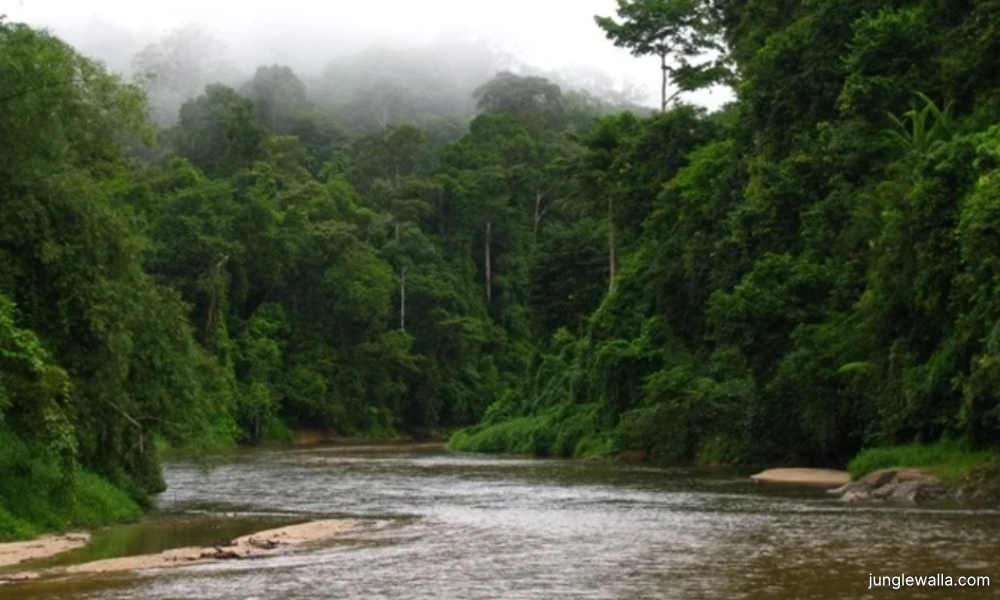A delegation of human rights groups and environmental NGOs are lobbying European Union officials to be included in talks with Malaysia and Indonesia about the implementation of the EU’s anti-deforestation rules.
In June last year, the European Commission, Malaysia, Indonesia, and the Council of Palm Oil Producing Countries jointly announced an agreement to set up a joint task force to enhance dialogue on supply chain traceability and transparency in the production of certain commodities such as palm oil, wood, rubber, coffee and cocoa.
The announcement said the task force will include government representatives and stakeholders from Malaysia and Indonesia, including commodities associations, smallholders, workers associations, and civil society organisations.
However, in its statement today, Human Rights Watch said frontline organisations representing the rights of communities affected by deforestation have largely been left out of the task force meetings.
The delegation is in Brussels, Belgium, today to meet EU officials in hopes of changing the situation. It comprises members of Save Rivers, RimbaWatch, Bruno Manser Fonds, Keruan, and Human Rights Watch.
“We are hopeful that the EU deforestation law will support us to advance human and environmental rights locally, especially as policies to safeguard these rights are still lacking for us,” the statement quoted Save Rivers managing director Celine Lim as saying.
Under threat
RimbaWatch, whose analysis recently revealed that 3.2 million hectares of Malaysia’s natural forest are under the threat of deforestation, claimed Malaysian authorities severely underreport deforestation but such data gaps can be addressed by consulting civil society.
“The task force needs to hear from frontline communities most affected by deforestation and environmental organisations in their countries to genuinely understand the impact of the palm oil and timber industries,” the delegation said.

The European Union Deforestation-free Products Regulation (EUDR) was gazetted in June last year, but key provisions of the regulation would only enter into force on Dec 30, 2024, after an 18-month transition period.
For micro and small enterprises, the transition period is 24 months until June 30, 2025.
The EUDR lays a set of rules to ensure that certain commodities and their derivative products consumed in the EU are harvested from sources that are free from deforestation and does not violate the rights of indigenous peoples.
Malaysia has criticised the rules as a “discriminatory” policy to protect the EU’s own oilseeds market and ultimately impoverishes rural communities in Malaysia.
Plantation and Commodities Minister Fadillah Yusof also claimed the EUDR imposed unrealistic demands on small farmers, who should be exempted from the rules.
Malaysia is working with Indonesia to lobby against the EUDR.
The joint task force had previously met in Jakarta in August 2023, and in Brussels in February 2024, and another meeting is set for Brussels in September this year. - Mkini




No comments:
Post a Comment
Note: Only a member of this blog may post a comment.